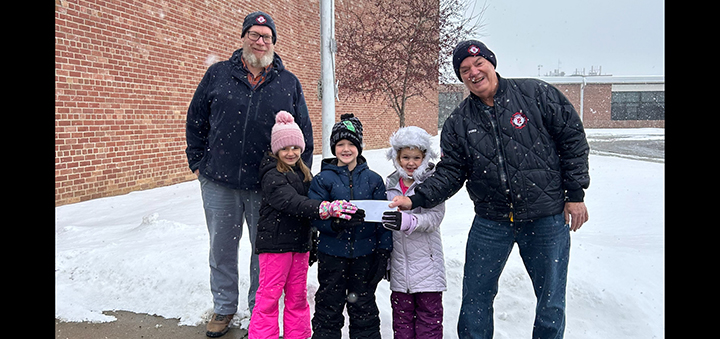Outdoor recreational sports are the life-blood of Fishing and Wildlife Conservation
CHENANGO COUNTY – It is slightly mind-blowing to consider that one of the most important pieces of federal legislation involving the conservation of wildlife, is now over 80 years old. In 1937, Congress based the Federal Aid in Wildlife Restoration Act – or commonly referred to as the Pittman-Robertson Act, which is named after the two Congressmen that sponsored the bill.
This act placed an 11-percent excise tax on sporting arms and ammunition that would later be reimbursed by the Secretary of the Interior to each state’s Wildlife Management Agency – the Department of Environmental Conservation in New York – paying up to 75-percent of the cost of approved wildlife focused projects. Those projects could include land acquisition, habitat improvement, wildlife research, wildlife surveys, developing access facilities for public use, and hunter education programs.
This tax is collected at the manufacturer before any of the items are sent to market. This means that the tax is included in the price of said firearms and ammunition when purchased by the consumer.
33 years after the bill was first set, Congress added provisions to the law, one adding a 10-percent excise tax placed on pistols and revolvers. And just two years later, in 1972, the Pittman-Robertson Act was further amended to include an 11-percent excise tax on bows, arrows, and other archery parts and accessories.
The bill was amended in 1984 to finally include crossbow arrows in the archery excise tax.







Comments